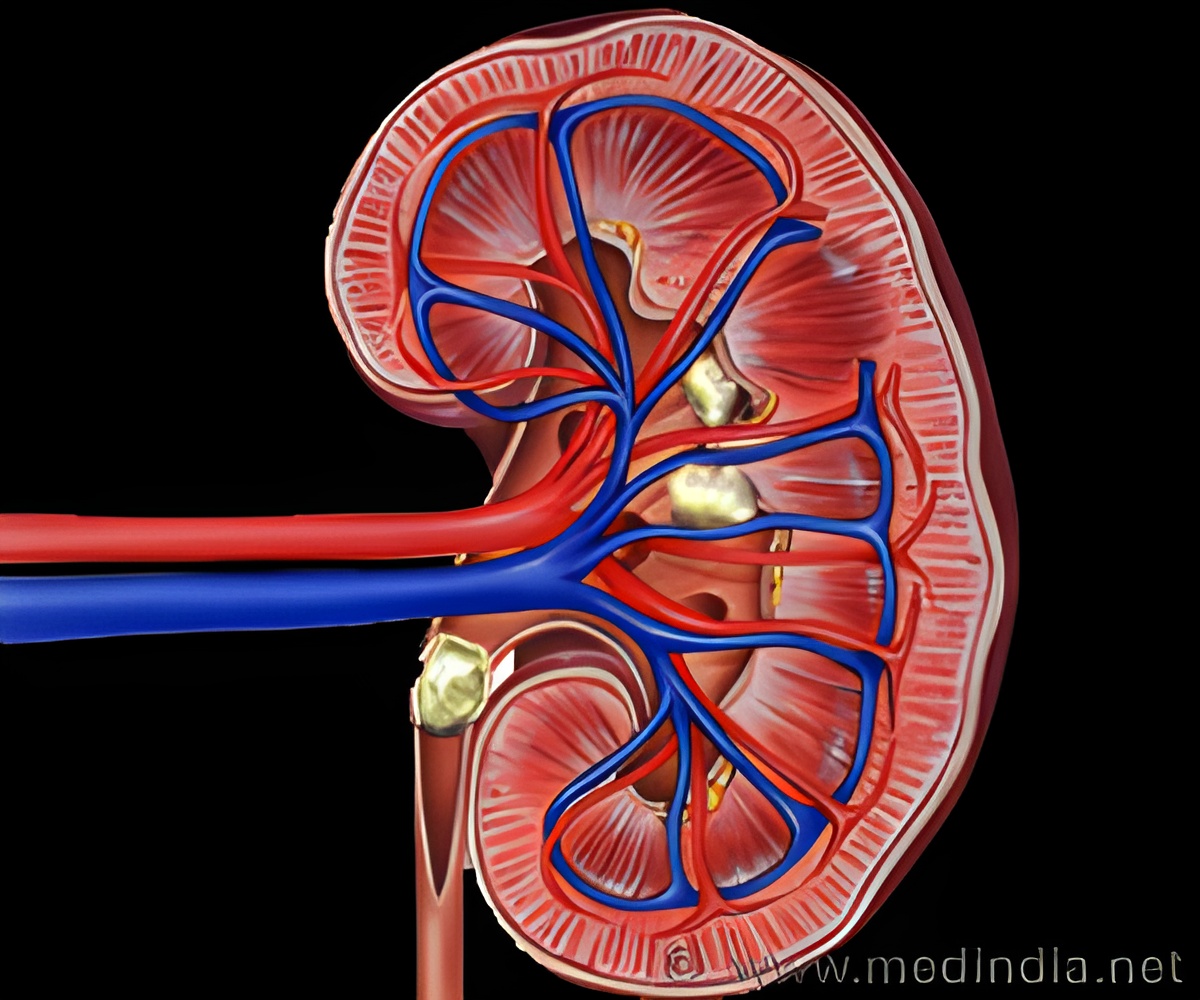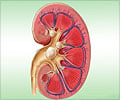
Several abnormalities in genes that encode complement proteins-molecules of the immune system that mediate the first defense against pathogens-are thought to contribute to atypical hemolytic uremic syndrome (aHUS), a rare kidney condition that results from blood vessel injury, thrombosis, and the destruction of red blood cells. The syndrome causes kidney failure in about half of cases. To see which genes or combinations of genes are important, Marina Noris, PhD, Elena Bresin, MD, Giuseppe Remuzzi, MD (Mario Negri Institute for Pharmacological Research, in Italy) and their colleagues in the European Working Party on Complement Genetics in Renal Diseases screened nearly 800 patients with aHUS and their relatives.
Among the major findings:
- A single mutation in the CFH, C3, or CFB complement genes conferred an increased aHUS risk.
- The concomitant presence of a mutation in the MCP or CFI complement genes and mutations in other complement genes increased aHUS risk.
- In patients with aHUS, 50% of those with a combination of mutations in MCP and other complement genes developed kidney failure within three years of aHUS onset compared with 19% of patients with an isolated MCP mutation.
- Plasma treatment led to remission in patients with combined mutations and single mutations to a similar extent, but disease recurrence was more likely after a kidney transplant in those with a combined MCP mutation than in those with an isolated MCP mutation.
"The results presented in this paper underline the complexity of the genetics of aHUS and indicate that a complete screening for all susceptibility genes should be performed, in particular before making a conclusive decision about transplantation," said Dr. Noris.
The authors noted that an online database is being updated to provide information on the various mutations that, alone or in combination, are associated with aHUS (www.fh-hus.org).
Study co-authors include, Erica Rurali, BiolSciD, Jessica Caprioli, BiolSciD, Pilar Sanchez-Corral, PhD, Veronique Fremeaux-Bacchi, PhD, Santiago Rodriguez de Cordoba, PhD, Sheila Pinto, PhD, Timothy H. J. Goodship, MD, Marta Alberti, David Ribes, MD, and Elisabetta Valoti BiolSciD.
Advertisement
The article, entitled "Combined Complement Gene Mutations in Atypical HUS Influence Clinical Phenotype," will appear online at http://jasn.asnjournals.org/ on February 21, 2013, doi: 10.1681/ASN.2012090884.
Advertisement
Founded in 1966, and with more than 13,500 members, the American Society of Nephrology (ASN) leads the fight against kidney disease by educating health professionals, sharing new knowledge, advancing research, and advocating the highest quality care for patients.
Source-Newswise














